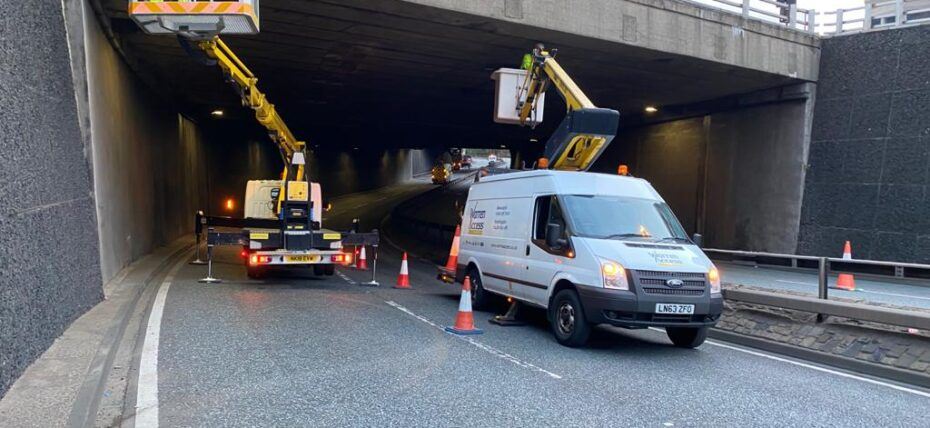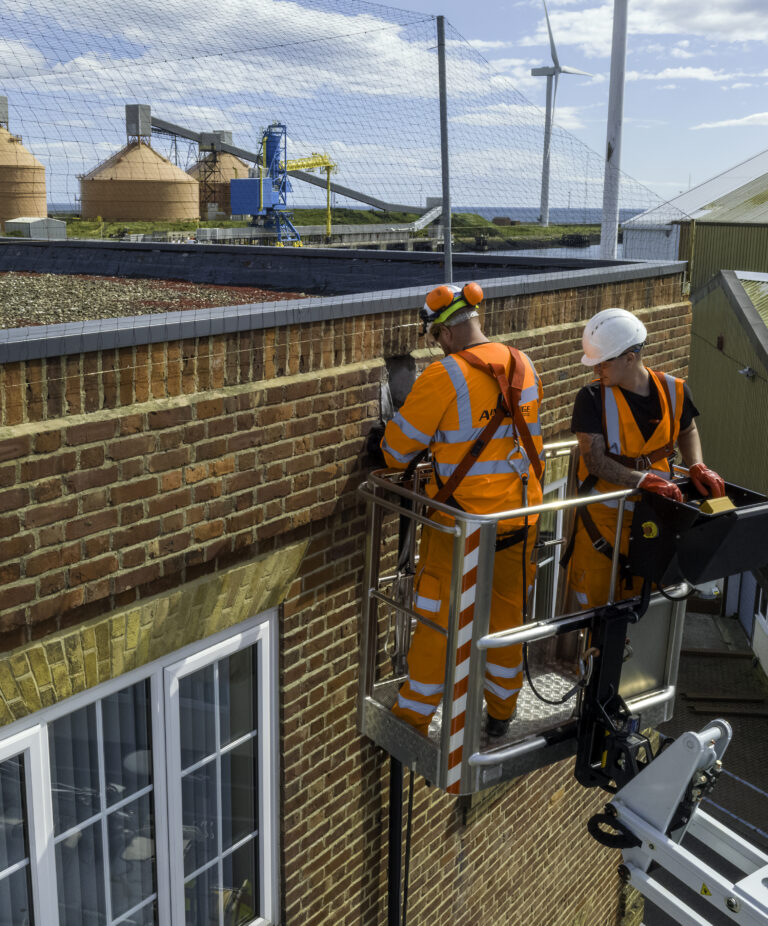
Do you have safety at height in mind?
How negative mindsets cause accidents and what to do about it
It doesn’t matter how many procedures you put in place to keep your employees safe while working at height; if their mindsets are wrong, accidents are likely to happen. Safety at height is all about attitude, after all.
Mindsets that cause accidents and how to manage them
I must finish as quickly as I can
Whether it’s pressure to complete a job on time or to get home early, the mindset to ‘work quickly and get things done’ is a risky one. The shift in focus from safety to speed invites shortcuts, mind wandering, and a reduction in quality; safety at height needs to come first.
Changing the mindset – Set realistic goals and time frames and don’t overload employees with impossible workloads. Give them time to complete their work and avoid offering time-based rewards as they encourage rushing.
I’m tired
Tiredness reduces concentration, heightens emotions, and impairs decision making. When tired, employees are not at their best and are more likely to make mistakes and have accidents.
Changing the mindset – Provide adequate breaks and create an environment where employees feel comfortable to take them.
I’ve done this job hundreds of times before
Complacency brings a false sense of security and belief that because you know what you’re doing, nothing can go wrong. Accidents can happen to anyone at any time regardless of experience and are, in fact, more likely when employees start getting careless.
Changing the mindset – Have procedures in place and make sure employees work to them every time they do a job. Perform pre-use inspections with equipment and take time to check safety equipment and carry out risk assessments before starting work.
I’m frustrated
Whatever the reason for stress and frustration, it needs managing. When an employees mind is elsewhere, it’s not thinking clearly or concentrating on the job they are doing.
Changing the mindset – Good communication is key to avoiding workplace frustration and stress. Create an open culture where employees feel able to speak their minds about any issues they are having. If it is home related, give them space and understand they may need time off or additional support while at work.
They won’t listen to me
If employees feel you won’t listen if they speak up, they’ll stop talking and may not flag up issues. They are also more likely to work when it’s unsafe to do so, for example, if they are sick or tired.
Changing the mindset – Make sure employees know that if they flag up issues, you’ll listen and address any problems they have. Also, reinforce the idea that safety comes first, and that no one will face repercussions for raising safety concerns.


